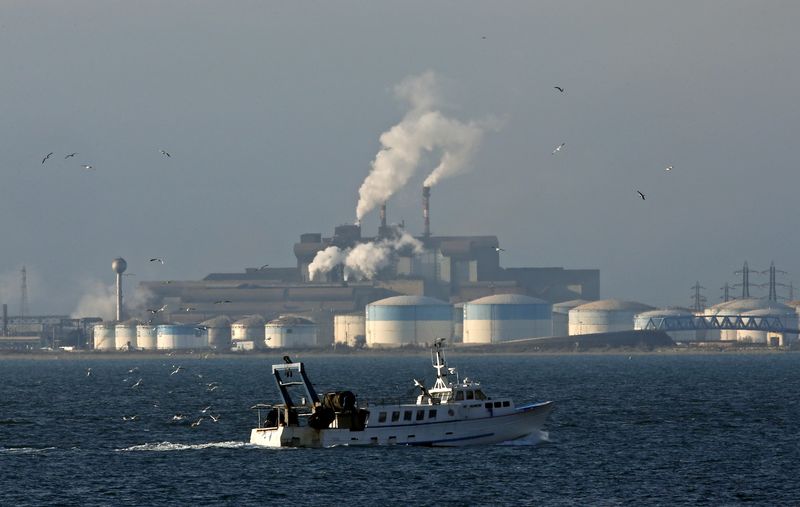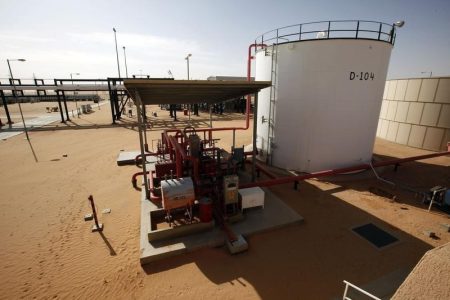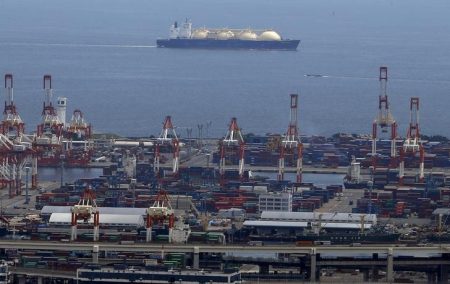By Florence Tan and Sudarshan Varadhan
SINGAPORE (Reuters) – Oil prices extended gains on Friday and were on track for a second week of increases on heightened fears that the Israel-Gaza conflict may spread in the Middle East and disrupt supplies from one of the world’s top-producing regions.
futures climbed 97 cents, or 1.1%, to $93.35 a barrel by 0603 GMT. U.S. West Texas Intermediate crude was at $90.37 a barrel, up $1, or 1.1%. The front-month November contract expires on Friday.
The more active December WTI contract was at $89.36 a barrel, up 99 cents or 1.1%.
Both contracts are on track to post a second weekly gain as an explosion at a Gaza hospital this week and the anticipated ground invasion by Israeli troops heightened fears of the conflict spreading in the Middle East.
“The bigger concern remains that the escalation of tension that we’re likely to see with regard to the IDF (Israel Defence Forces) entering Gaza this weekend means the risk to are towards higher prices,” IG analyst Tony Sycamore said.
Israeli Defence Minister Yoav Gallant told troops gathered at the Gaza border on Thursday that they would soon see the Palestinian enclave “from inside”, suggesting an expected ground invasion could be nearing.
The U.S. intercepted missiles fired from Yemen toward Israel, Pentagon said, adding to the anxiety about the broadening of the conflict.
WTI prices could rise towards a high last seen in late September at $95.03 a barrel if it breaks resistance at $91.50, Sycamore said.
Oil price are also supported by forecasts of a widening deficit in the fourth quarter after top producers Saudi Arabia and Russia extended supply cuts to the end of the year and amid low inventories especially in the United States.
Washington is seeking to buy 6 million barrels of crude for delivery to the Strategic Petroleum Reserve in December and January, as it continues its plan to replenish the emergency stockpile, the U.S. Department of Energy said on Thursday.
Separately, a temporary lifting of U.S. oil sanctions on OPEC member Venezuela is unlikely to require any policy changes by the OPEC+ producer group for the time being as a recovery in production is likely to be gradual, OPEC+ sources told Reuters.
“The prospect of more Venezuela oil did little to ease concerns of disruptions in the Middle East,” analysts at ANZ Research said in a note to clients on Friday.
Read the full article here















